In this edition
- New Extension associate director to develop training and leadership programs
- Laughlin-Searchlight 4-H Afterschool Program maintains popularity
- Manure research challenges modern agricultural issues
- Ask the professor | Should you buy drinks with added electrolytes?
- Women in science | A Q&A with CABNR pet food mercury researchers
About our College
A founding college of the University, we have a long tradition of excellence in teaching, research and engagement programs that benefit the health and economic vitality of Nevada. We offer programs in:
- agriculture, horticulture, rangeland & veterinary sciences
- biochemistry & molecular biology
- children, youth & families
- community & economic development
- health & nutrition
- natural resources & environmental science
New Extension associate director to develop training and leadership programs
Shannon Horrillo joins the College of Agriculture, Biotechnology & Natural Resources
Hannah Alfaro
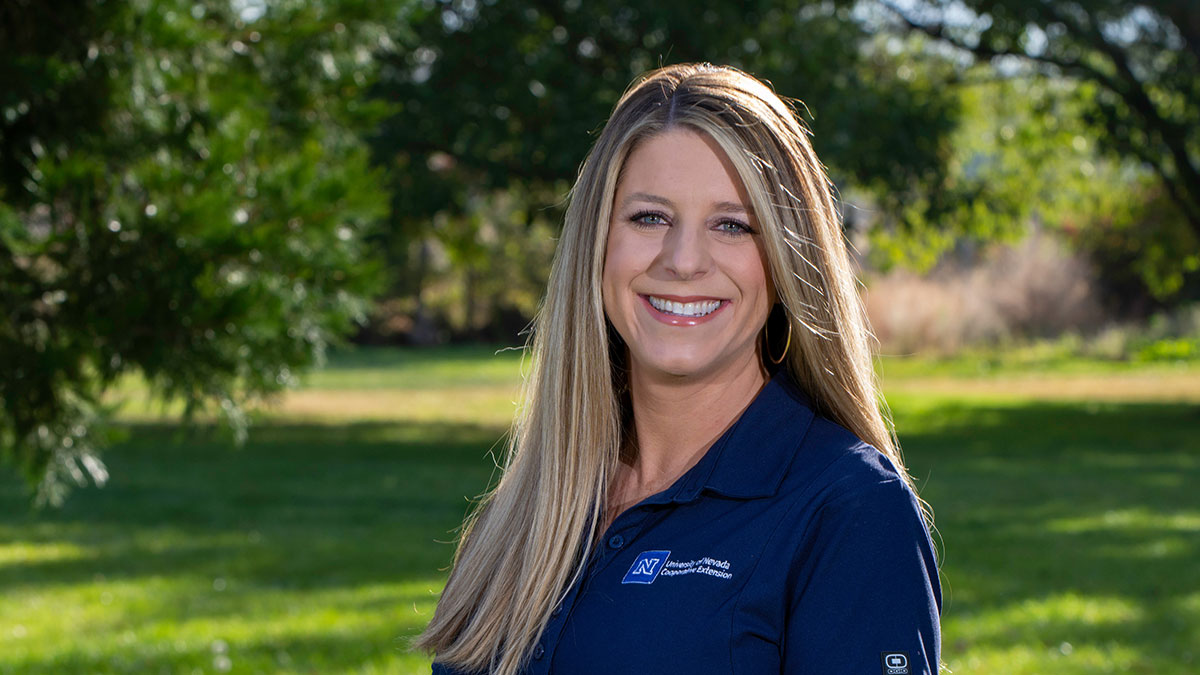 Horrillo is the associate director of University of Nevada, Reno Extension. Photo by Robert Moore.
Horrillo is the associate director of University of Nevada, Reno Extension. Photo by Robert Moore.
University of Nevada, Reno Extension welcomes Shannon Horrillo to their staff as associate director.
Horrillo, along with providing primary support to Ivory W. Lyles, the director of Extension, will develop training and leadership programs for new faculty and be the primary communication link between faculty and the community. She will also be charged with providing leadership for effective programming and finding new grant and funding opportunities for Extension programs.
“A key component of Horrillo’s responsibilities will also be developing an accountability system,” said Lyles. “This is so effective communication of program impact can be achieved for Extension, federal, state and county partners.”
Shannon will help create high-quality programs with significant impacts on Nevada
“I’m looking forward to working with both Extension faculty and the community. I’m also excited to provide leadership for new programs and represent Extension at all levels.” - Horrillo
Laughlin-Searchlight 4-H Afterschool Program maintains popularity
Program starts 2019-2020 year with 100 students enrolled
Kane Wickham, with the
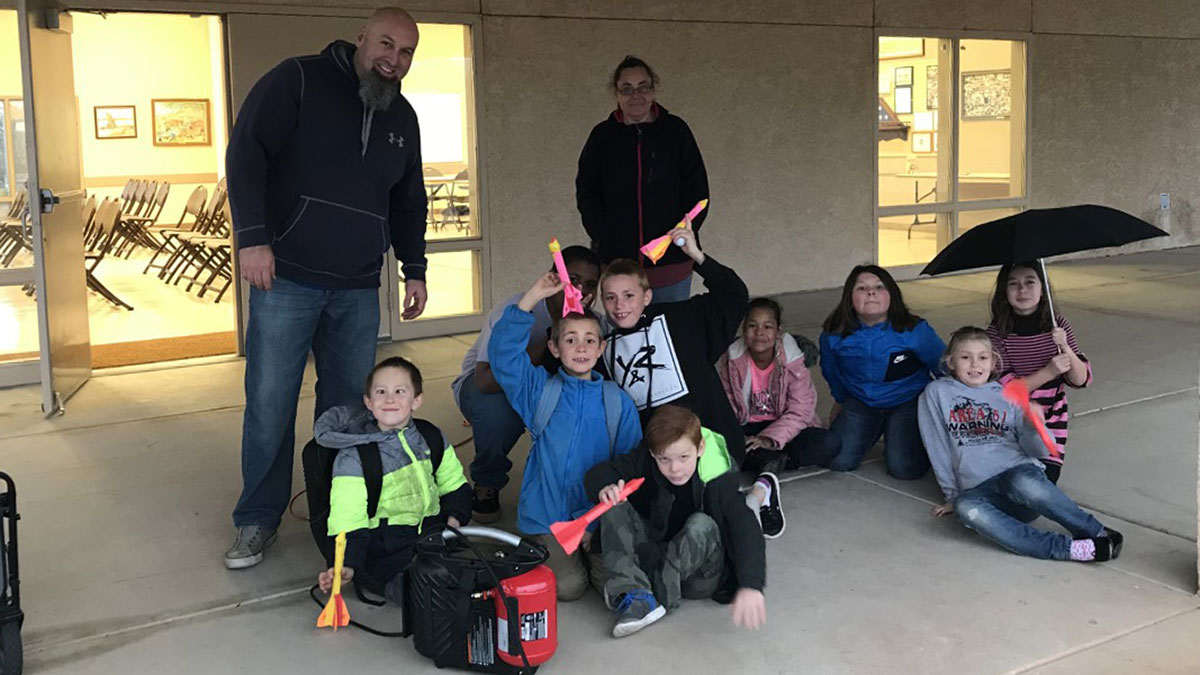 Extension's Will Douglas (left) prepares to help 4-H students in Searchlight launch rockets as part of the Laughlin-Searchlight 4-H Afterschool Program. Photo by Kelli Carlson.
Extension's Will Douglas (left) prepares to help 4-H students in Searchlight launch rockets as part of the Laughlin-Searchlight 4-H Afterschool Program. Photo by Kelli Carlson.
The Laughlin-Searchlight 4-H Afterschool Program activities for 2019-2020 have begun and they are big this year.
Will Douglas of Extension in Laughlin addressed the program at the recent Laughlin Town Advisory Board meeting. He said that the program is fun and exciting and provides extraordinary learning opportunities in the hours after school.
The 4-H Afterschool Program, along with the other programs within Extension's Nevada 4-H Youth Development Program, offers innovative “learn-by-doing” activities to develop and enhance lifelong skills such as leadership, critical thinking, collaboration, decision-making and civic responsibility. 4-H offers a variety of project areas to participate in and learn from, as well as a multitude of new opportunities to explore and develop personal awareness.
4-H Afterschool develops programs to fit the demographics of local communities and counties. The organization offers support to other youth-serving programs in various formats, depending on the needs and interests of the youth and adults involved.
21 4-H youth enrolled in Searchlight
This is the most ever for a youth-development-related program in Searchlight.
Manure research challenges modern agricultural issues
Innovative project features interaction between engineers, social scientists and animal nutrition scientists
Mike Wolterbeek
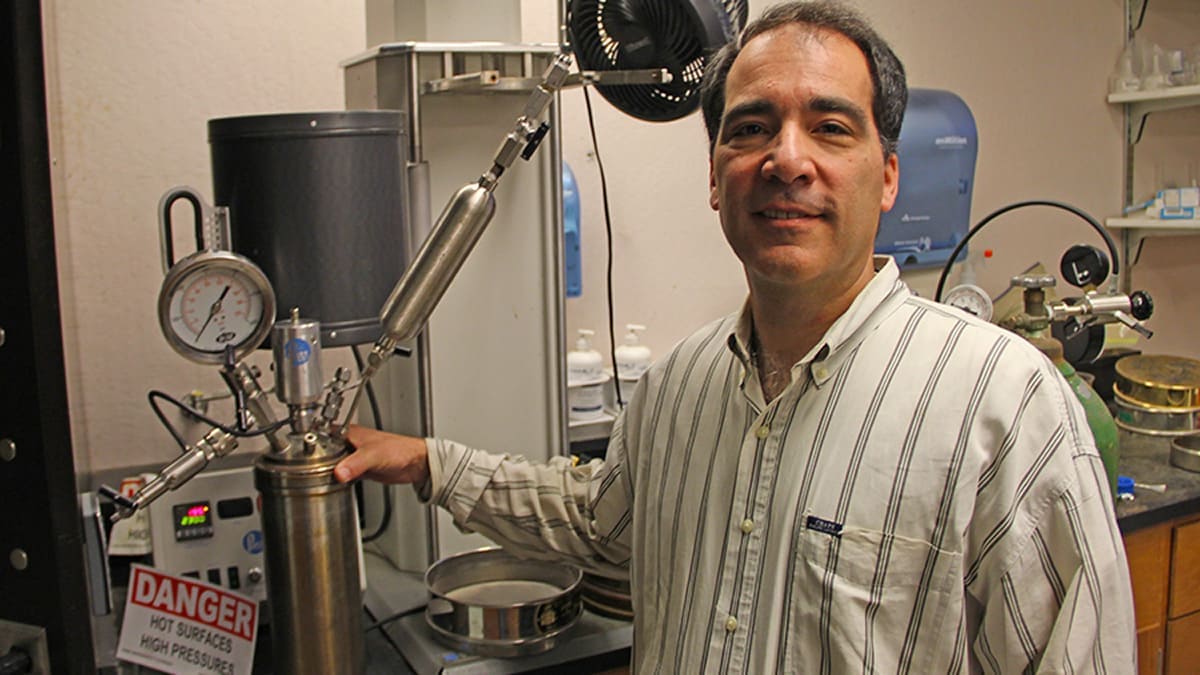 College of Engineering Associate Professor Chuck Coronella is the lead researcher on the multi-disciplinary project seeking to develop a new technology to recover nutrients from manure and simultaneously recover and use energy to generate heat and power. Photo by University of Nevada, Reno.
College of Engineering Associate Professor Chuck Coronella is the lead researcher on the multi-disciplinary project seeking to develop a new technology to recover nutrients from manure and simultaneously recover and use energy to generate heat and power. Photo by University of Nevada, Reno.
A new environmentally friendly approach to turning manure into fuel or fertilizer is being taken by a team of researchers at the University of Nevada, Reno.
The National Science Foundation, or NSF, recently awarded $2.3 million to a four-year project led by the chemical and materials engineering department at the University.
The project, led by Chemical and Materials Engineering Associate Professor Chuck Coronella, is titled “NEWIR Manure: Nutrient, Energy, and Water Innovations for Resource Recovery.” It is a systematic and multidisciplinary approach to study and develop a solution to environmental effects created by current concentrated animal feeding operations, or CAFOs. The growth of CAFOs over the years helps with dairy and meat production, but addressing the challenge of sustainable manure management at large-scale CAFOs is significant.
The team includes: Assistant Professor of Chemical Engineering Sage Hiibel; Kim Rollins, former professor of economics at the University of Nevada, Reno and currently at the University of Connecticut; Pablo Cornejo of California State University, Chico; and Antonio Faciola at the University of Florida and formerly an assistant professor in the University’s College of Agriculture, Biotechnology & Natural Resources. The project is a collaboration with the Universidad Autónoma de Madrid in Spain and will include exchange of scholars over the duration of the four-year project.
Making fuel and fertilizer the environmentally friendly way
“Our goal is to make [current concentrated animal feeding operations] sustainable, with no smell or pollution.” - Coronella
Ask the professor | Should you buy drinks with added electrolytes?
Electrolytes play important roles in the body. Are drinks with them worth the extra cost?
Chenin Treftz Nickel, with the College's Rethink Your Drink Program
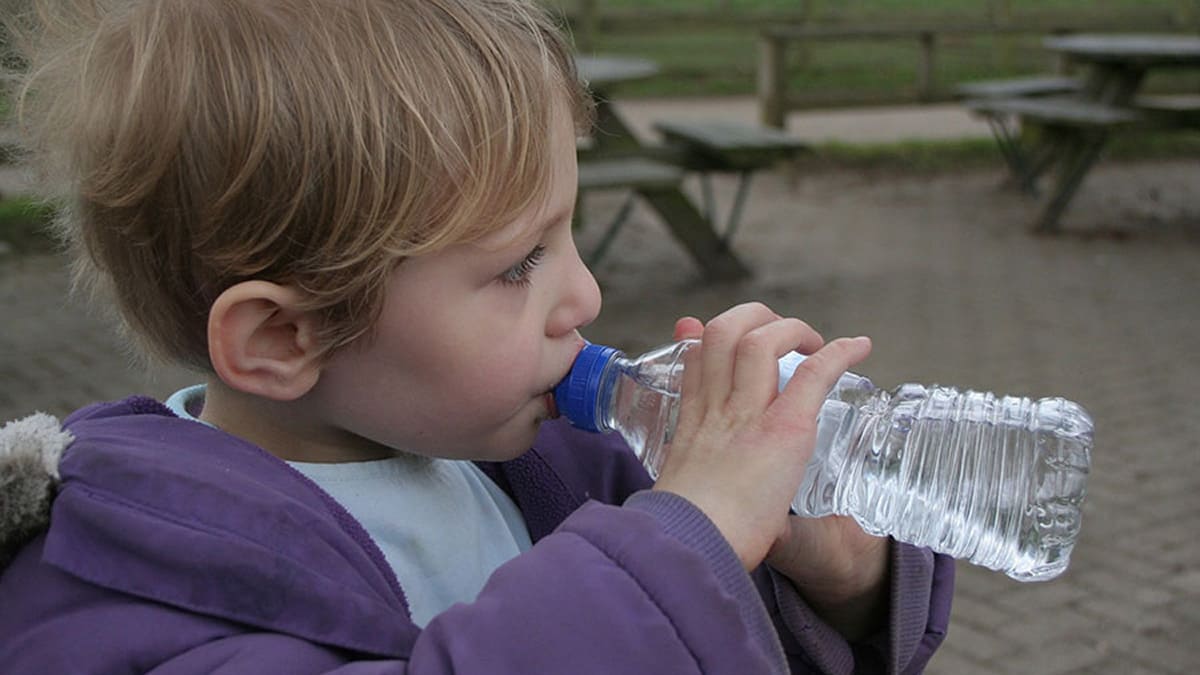 Drinks with added electrolytes are more expensive than plain water, and some people might wonder if they are worth the extra cost.
Drinks with added electrolytes are more expensive than plain water, and some people might wonder if they are worth the extra cost.
Electrolytes are minerals, such as calcium, sodium, magnesium, potassium and chloride. These all have important roles in the body, such as regulation of blood pressure, helping muscles contract, and controlling fluid balance. Having the right balance of electrolytes in your body is important.
Many drinks sold today have added electrolytes. These are often marketed as sports drinks or smart waters. Drinks with added electrolytes are more expensive than plain water, and some people might wonder if they are worth the extra cost.
For more information on how water can help keep your family healthy, visit RethinkYourDrinkNevada.com. Rethink Your Drink is a program offered by the Department of Nutrition in collaboration with Extension.
Rethink Your Drink
The program promotes healthy beverage choices and reduces the intake of sugary drinks.
Women in science | A Q&A with the College's pet food mercury researchers
Professor Gustin and fellow researchers Chichester, Dunham-Cheatham, Luippold and Vargas-Estrada talk about their work and answer related questions
Ashley Andrews
 Researchers at the University are investigating how much mercury is in pet food and if ingredients on the label actually match what's in the food.
Researchers at the University are investigating how much mercury is in pet food and if ingredients on the label actually match what's in the food.
A crowd-funded University research team is taking a closer look at pet food to figure out just how much methylmercury, the toxic mercury compound that can have negative health impacts, is in what our pets eat. They're also checking if the ingredients listed on the label match what's actually in the food, and they're sharing what they find with the public.
Health for the whole family
"We as humans often are exposed to unknown contaminants in our food. Animals are even more susceptible to contaminants in food because they are fed the same food daily." - Gustin
Growing a stronger Nevada
Our programs work together to make an impact
Our teaching, research and engagement programs are intertwined and complement one another. Faculty who teach on campus also conduct research as part of the Experiment Station, allowing students to learn about and participate in research. Extension faculty engaging with communities identify research needs, as well as join Experiment Station faculty to conduct research. Faculty on campus help to develop Extension programs in communities.
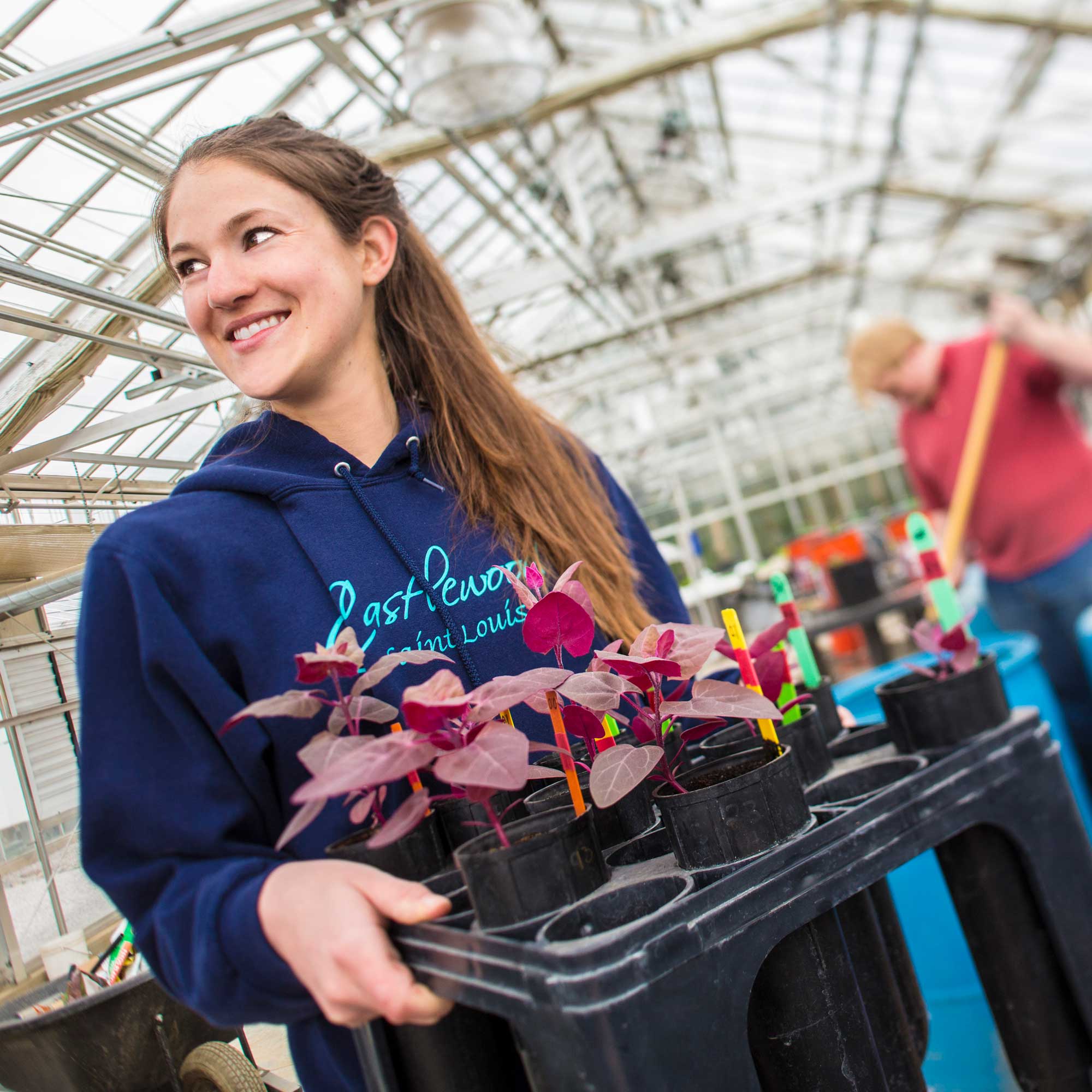
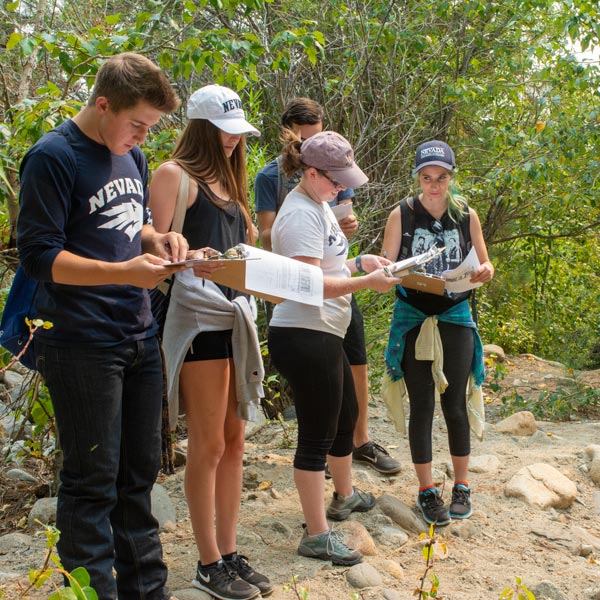
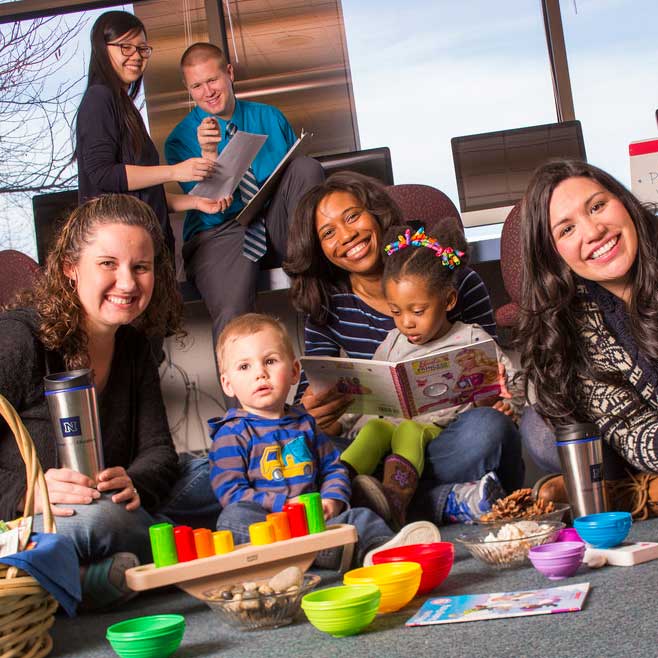
Want to help grow Nevada?
Consider making a contribution in support of classroom, lab or office space; graduate assistantships; student scholarships; or upgrades to the Nevada 4-H Camp. To learn more, please contact Mitch Klaich '02, director of development, at 775-682-6490.